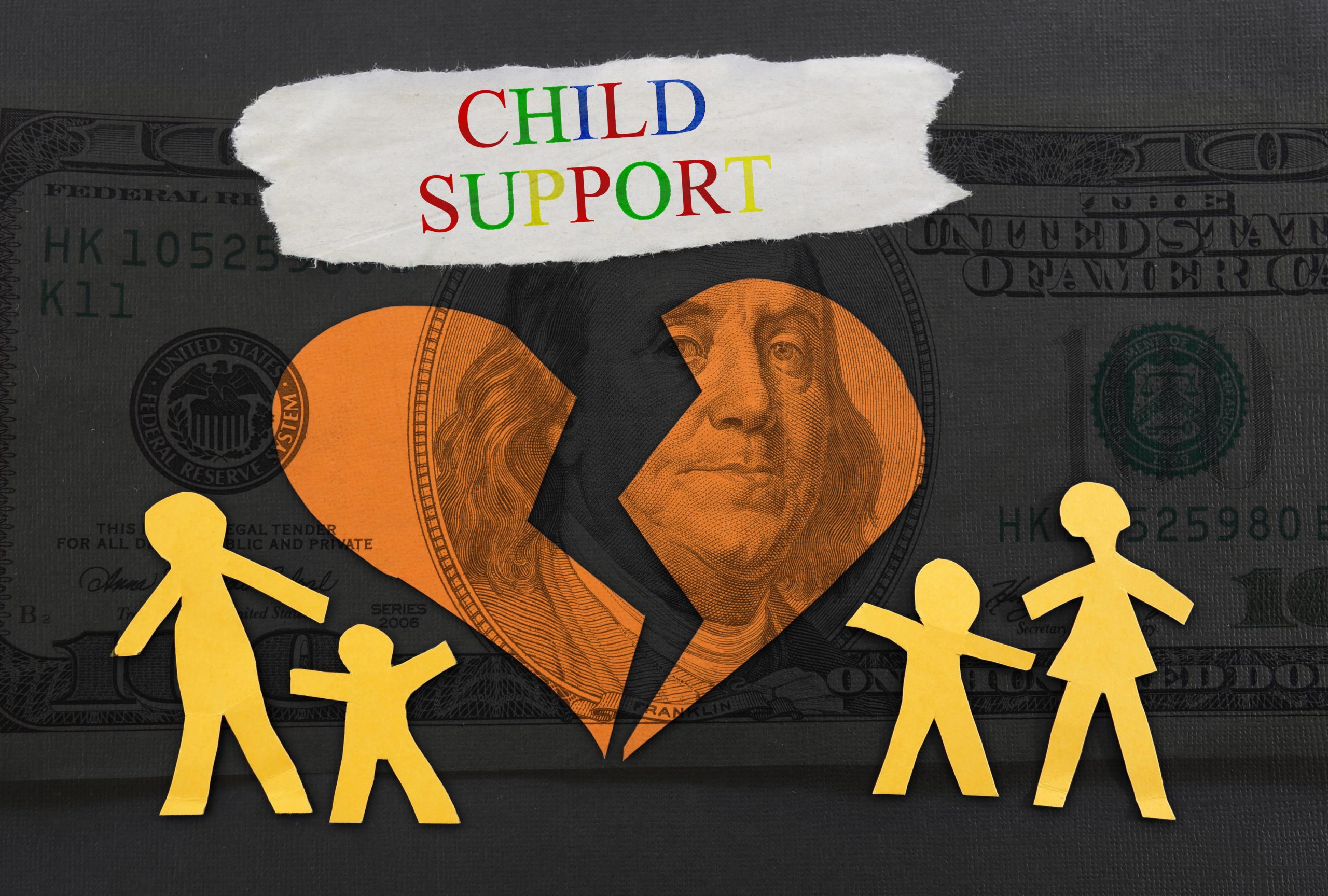COVID-19 has affected all sectors of the U.S. population. The Governor of California, Gavin Newsom, has issued stay-at-home orders for all residents, with limited exceptions for “essential works.” In California alone, over 1 million workers have filed for employment benefits. The San Diego Courthouses have all closed to the public and were only processing temporary restraining orders. As of April 8, 2020, the Superior Courts have expanded their accessibility slightly allowing for limited Ex Parte (emergency) Hearings. Since the Court’s official closure in mid-March, it is believed the Court has received over 7,000 documents via U.S. Mail. None of these documents have been processed during the closure. This figure does not account for the presumably high number of Court filings that have been postponed or the number of hearings that were scheduled to occur during the 2 ½ months the Court has been closed. Those hearings will have to be continued to a date in the future. So, what can we expect once the Courts are able to re-open in any capacity? Continue reading
Articles Posted in Divorce Settlement
Child Support When Both Parents Care for the Child Equally
The other day I was asked, “Why do I need to pay child support to my ex-wife if we care for our children equally?” This is a great question that requires some understanding of both California law and public policy. At first blush it may seem unreasonable and unfair that one parent must pay the other parent child support even though both parents equally care, house, feed, and pay for their children’s livelihood and well-being.
Let’s start by looking at California Family Code section 4053, which is the statute that provides courts with overarching principals to consider when implementing a child support order. This statues states, in part, that “a parent’s first and principal obligation is to support the parent’s minor children according to the parent’s circumstances and station in life.” (emphasis added.) The statute also states that, “the [child support] guideline takes into account each parent’s actual income and level of responsibility for the children” and that “each parent should pay for the support of the children according to the parent’s ability.” (emphasis added.) The statute also explains that child support “should minimize significant disparities in the children’s living standards in the two homes” and that “children should share in the standard of living of both parents.” (emphasis added.) Continue reading
Spousal Support and Termination
One of the hot button issues in any divorce case is spousal support. Standard questions that might float through a party’s mind include, but are not limited to, “what party will pay support?”, “how much support will I pay/receive?”, and “how long will I pay/receive support for?” This blog will focus on spousal support duration and termination. For information regarding how spousal support is calculated, please review one of our other blog posts or call our office for more information. 
In California, “except on written agreement of the parties to the contrary or a court order terminating spousal support, the court retains jurisdiction indefinitely in a proceeding for dissolution of marriage or for legal separation of the parties where the marriage is of long duration.” (See California Family Code section 4336(a)(emphasis added.) Pursuant to Family Code section 4336(b), a marriage of long duration includes any marriage (from the date of marriage to the date of separation) lasting 10 years or longer. Therefore, in California, the court generally retains jurisdiction to make spousal support orders for marriages lasting 10 years or longer. Continue reading
My Divorce is Over, Now What?
Parties in the middle of a divorce often long for that light at the end of the tunnel when they can finally say that it is over! Although it may seem like you will never reach the end, everyday parties are finalizing their divorce judgments and moving on with their lives. Once a divorce judgment has been entered with the court there are several steps that must happen at the conclusion of a case to ensure that all items are appropriately wrapped up. If you have any additional questions or concerns regarding the end of your case, you should contact your attorney immediately. Continue reading
Common Types of Discovery in a Divorce Proceeding
 Once the initial paperwork in a divorce proceeding is filed, both parties must complete what is called a “Preliminary Declaration of Disclosure.” This disclosure mainly consists of two documents, the first is the party’s “Schedule of Assets and Debts” and the second is the party’s “Income and Expense Declaration.” Just as the names imply, these forms are designed to gather information related to each parties’ assets, debts, income, and expenses. In addition to being mandatory, these disclosures are due early on in the case and are extremely important as they will be the framework for which a settlement, if possible, is reached. Continue reading
Once the initial paperwork in a divorce proceeding is filed, both parties must complete what is called a “Preliminary Declaration of Disclosure.” This disclosure mainly consists of two documents, the first is the party’s “Schedule of Assets and Debts” and the second is the party’s “Income and Expense Declaration.” Just as the names imply, these forms are designed to gather information related to each parties’ assets, debts, income, and expenses. In addition to being mandatory, these disclosures are due early on in the case and are extremely important as they will be the framework for which a settlement, if possible, is reached. Continue reading
What is an Ex Parte Hearing?
It is no secret that the San Diego Family Law Courts are overutilized, overworked, and overbooked. When a party files a motion with the court it can often take several months, or longer, to get a hearing date! This can be frustrating for litigants who want to move their case forward towards closure. But what happens when an emergency comes up in your case and you cannot wait months for a hearing date? Luckily, there is a procedure and solution to allow the court to hear an emergency issue within a day or two, and that is called an “Ex Parte” hearing. At an Ex Parte hearing, judges can make temporary emergency orders, when appropriate.
Pursuant to California Rules of Court, Rule 5.151(b), “[t]he purpose of a request for emergency orders is to address matters that cannot be heard on the court’s regular hearing calendar….[and] the process is used to request that the court: Continue reading
SPOUSAL SUPPORT BASICS
The infamous comedian-actor Robin Williams once said, “Divorce is expensive. I used to joke they were going to call it ‘all the money,’ but they changed it to ‘alimony.’”
Alimony, or more commonly now called spousal support, may be awarded to either spouse during the pendency of a divorce proceeding, or in some cases after Judgment has been entered. There are two types of spousal support: (1) Temporary; and (2) Permanent. Continue reading
When Will My Divorce Be Finalized?
More often than not, one o f the first questions our office receives when someone is inquiring about a divorce is “how long will my divorce take?” This question, like so many other legal questions, often depends on the circumstances of the case. While it is our hope to get you through this process as swiftly as possible, there are certain obstacles that must be passed before your judgment is entered and your divorce is finalized. Continue reading
f the first questions our office receives when someone is inquiring about a divorce is “how long will my divorce take?” This question, like so many other legal questions, often depends on the circumstances of the case. While it is our hope to get you through this process as swiftly as possible, there are certain obstacles that must be passed before your judgment is entered and your divorce is finalized. Continue reading
Support and Severance Pay
 The COVID-19 pandemic has disrupted all American’s lives and created a trickle-down effect upsetting aspects of our lives many did not originally anticipate. Federal and State governments have blown the metaphorical whistle signaling the changing of tides and ordering the closure of stores, schools, government offices, and generally life as we have known it.
The COVID-19 pandemic has disrupted all American’s lives and created a trickle-down effect upsetting aspects of our lives many did not originally anticipate. Federal and State governments have blown the metaphorical whistle signaling the changing of tides and ordering the closure of stores, schools, government offices, and generally life as we have known it.
The Department of Labor reported over 6.65 million Americans filed for unemployment insurance last week. In California alone, almost one million claims were filed in the last two weeks.
Of the myriad of people facing loss of employment amid the pandemic, some will be fortunate enough to receive severance packages as they make their exit. Whether this feels fortunate or not will likely depend upon the following information regarding how severance pay is handled by the Court for support purposes. Continue reading
Student Loans
In this era it is hard to meet any young adult who does not have some amount of debt, with the most common form being student loans. These loans can be hefty, as college, graduate school, and living expenses are incurred. But what happens when you marry, and then separate from someone who has student loans? Is the community entitled to any reimbursement for helping pay those loans down during the course of the marriage? Does it matter if the loans were incurred during marriage or before marriage? The answer is, it depends. Continue reading
 San Diego Divorce Attorneys Blog
San Diego Divorce Attorneys Blog







